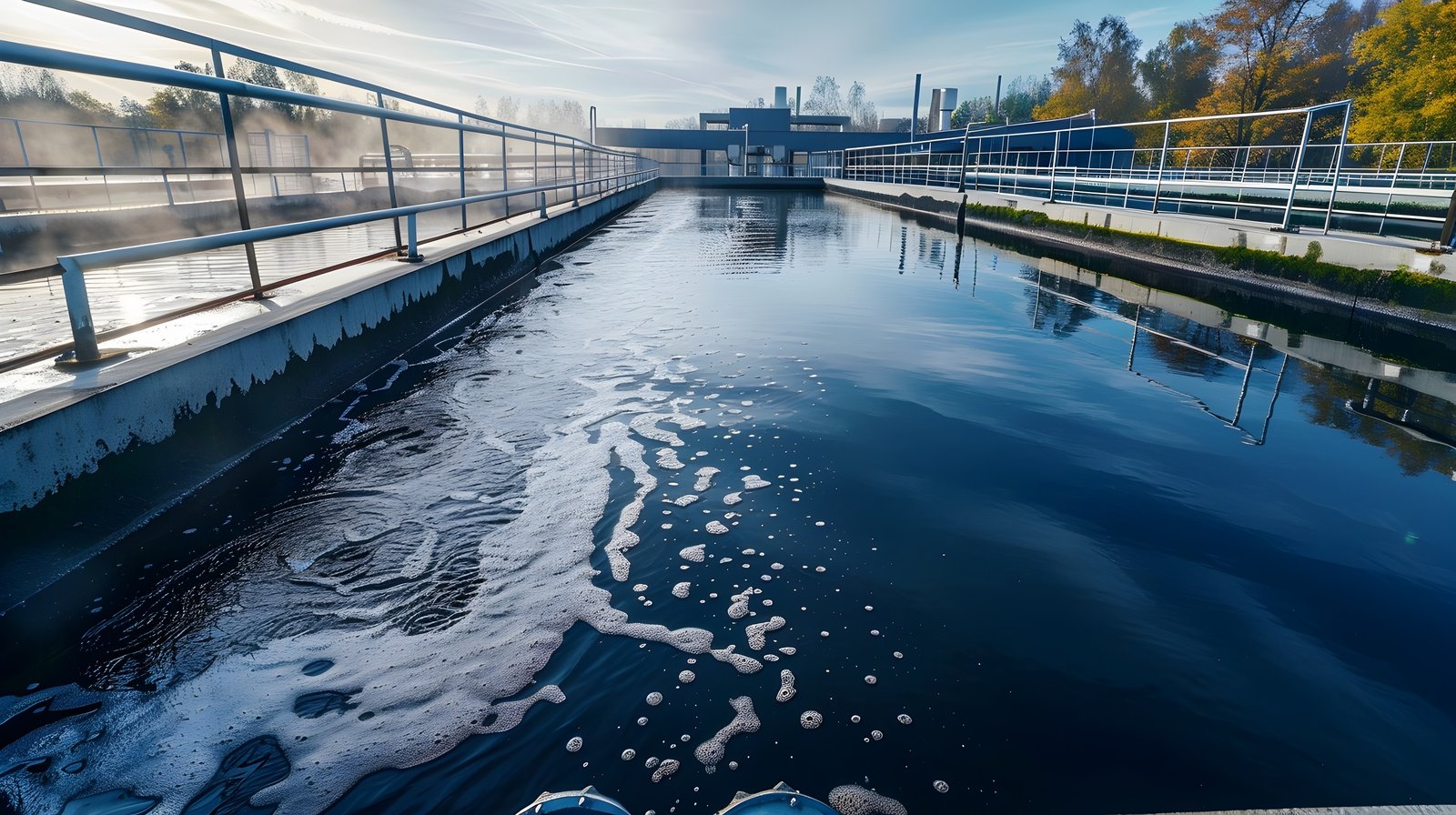Sustainable Wastewater Management: A Game-Changer for South Indian Industries
In the rapidly industrializing landscape of South India, effective wastewater management has become a critical concern. At the heart of this issue lies the sewage treatment plant, a vital component in ensuring environmental sustainability and regulatory compliance for industries across the region
South Indian industries face numerous challenges in managing their wastewater. These include high organic loads, varied pollutant profiles, and stringent discharge regulations. Traditional sewage treatment plants often struggle to meet these demands, necessitating the adoption of more advanced and sustainable solutions.

One such solution gaining traction is the Moving Bed Biofilm Reactor (MBBR) technology. This innovative approach to sewage treatment plants offers several advantages for industrial applications. MBBR systems use specially designed plastic carriers to support the growth of biofilm, resulting in a more efficient and compact treatment process. A textile industry in Tirupur, Tamil Nadu, recently implemented an MBBR-based sewage treatment plant, achieving remarkable results in treating their high-color, high-COD wastewater.
Another cutting-edge technology revolutionizing industrial wastewater management is the Membrane Bioreactor (MBR). MBR systems combine conventional biological treatment with membrane filtration, producing high-quality effluent that can often be reused within the facility. A pharmaceutical company in Hyderabad has successfully integrated an MBR-based sewage treatment plant, enabling them to reuse up to 80% of their treated wastewater for non-potable applications.
The adoption of these advanced sewage treatment plant technologies offers numerous benefits for South Indian industries:
1. Environmental Compliance: These systems consistently produce
high-quality effluent, helping industries meet and exceed
regulatory standards.
2. Water Conservation: By enabling water reuse, these
technologies significantly reduce freshwater consumption, a
critical advantage in water-stressed regions of South India.
3. Cost Savings: Despite higher initial investments, these
advanced sewage treatment plants often result in long-term cost
savings through reduced water bills and wastewater discharge
fees.
4. Reduced Footprint: Modern sewage treatment plant designs are
more compact, freeing up valuable space for other industrial
operations.
5. Improved Corporate Image: Demonstrating commitment to
sustainable practices can enhance an industry's reputation among
customers, investors, and the local community.
Importantly, these advanced sewage treatment plant solutions are not limited to large industries. They can be scaled and adapted for various sectors, including hospitals, educational institutions, and even large residential complexes. For instance, a leading hospital in Bangalore has implemented a compact MBR-based sewage treatment plant, effectively managing its wastewater while also setting an example for sustainable healthcare practices.
As South India continues its industrial growth trajectory, the role of efficient and sustainable sewage treatment plants cannot be overstated. By embracing these innovative technologies, industries can not only meet their wastewater management needs but also contribute significantly to water conservation efforts in the region. The future of industrial wastewater management in South India lies in these advanced, sustainable solutions that turn the challenge of wastewater into an opportunity for environmental stewardship and operational efficiency.


